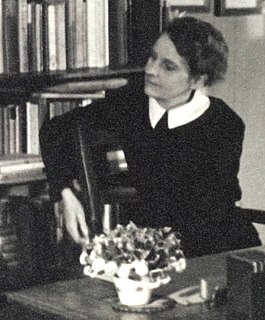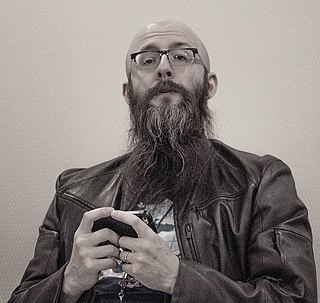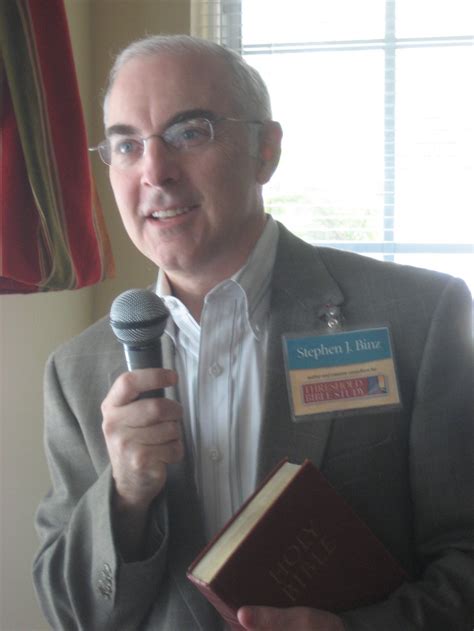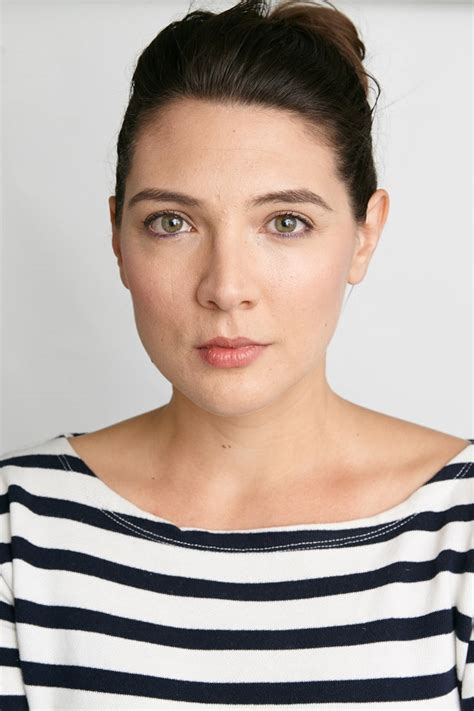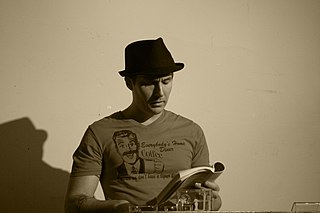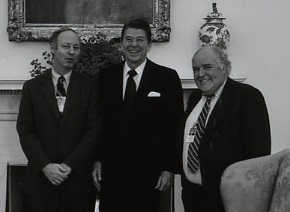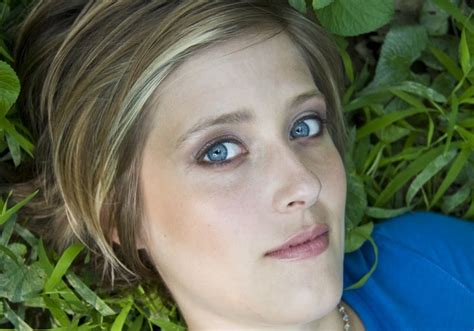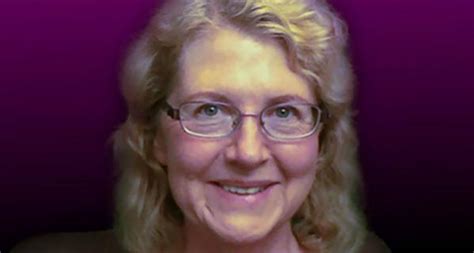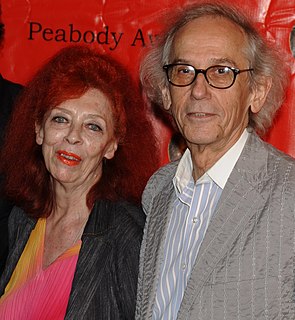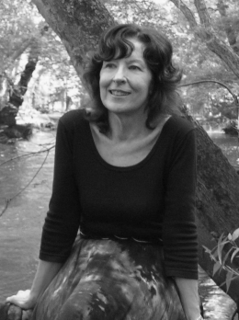Top 1200 Book Readers Quotes & Sayings - Page 6
Explore popular Book Readers quotes.
Last updated on November 15, 2024.
I like big books and I cannot lie. You other readers can’t deny That when a kid walks in with The Name of the Wind Like a hardbound brick of win. Story bling. Wanna swipe that thing Cause you see that boy is speeding Right through the book he’s reading. I’m hooked and I can’t stop pleading. Wanna curl up with that for ages, All thousand pages. Reviewers tried to warn me. But with that plot you hooked Me like Bradley. Ooh, crack that fat spine. You know I wanna make you mine. This book is stella ’cause it ain’t some quick novella.
The holy men and women, whose lives are told throughout this book, witness to the fact that the word of God is alive and has the power to transform us. By discovering these saints, readers will learn how to embody Scripture, letting it enlarge their hearts and mold their lives into the image of Christ.
I write a book a year while creating TV and film projects. And being a writer isn't just writing: I have to chase down paychecks and manage foreign tax payments. I maintain a vibrant relationship with readers and bloggers. And when it comes to Hollywood, I typically have to have fifteen business meetings in the hopes that one leads to a project.
I use these senses - touch, sight, feel and smell - as triggers that invite readers or propel them into the scene. The trick is not to make it obvious. I've written an entire chapter about this in my book, 'The Successful Novelist.' I've lectured about it extensively, but have yet to see many people pick up on it.
An author entices the readers with their words, and it is painful for them to even lose a sentence. But films and books are two different mediums and should be dealt differently. What works in a book might not work for a film. When I saw 'Anna Karenina' on screen, I didn't like it at all, whereas 'The Godfather' was legendary.
I'm not saying I have to write a book that's ten times better than my counterparts, but I do think that I have to concentrate my efforts on writing something that will really engage people's humanity and will tie readers to my characters regardless of race. I have to prove that I can connect with a wider audience.
When you're writing a book, with people in it as opposed to animals, it is no good having people who are ordinary, because they are not going to interest your readers at all. Every writer in the world has to use the characters that have something interesting about them, and this is even more true in children's books.
I began writing books after speaking for several years and I realize that when you have a written book people think that you're smarter than you really are if I can joke. But it's interesting. People will buy your book and hire you without reading the book just because you have a book and you have a book on a subject that they think is of interest to themselves or e to their company.
'Seize the Story' takes readers all the way through the process of writing fiction, from beginning to end. Every element, from dialogue to setting, plotting to character creation, is laid out and illustrated with examples. But the tone of the book is not that of a dry writing manual - it's definitely written for teenagers.
We didn't have all the distractions that young people have today. We didn't have these incredible computer games and social networks to engage with. I understand that. But once young readers do discover reading, when they discover a book which they fall in love with, it really unleashes something new in their imagination.
I feel that historical novelists owe it to our readers to try to be as historically accurate as we can with the known facts. Obviously, we have to fill in the blanks. And then in the final analysis, we're drawing upon our own imaginations. But I think that readers need to be able to trust an author.



